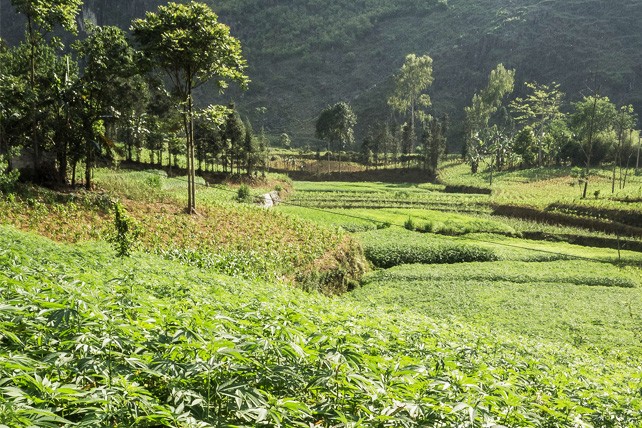Debates have begun in Guatemala’s Congress over whether or not the country should regulate cannabis, but given the country’s conservatism and history of stalled reform attempts, tangible change appears unlikely.
The public discussions opened late last month after Congressman Alvaro Velasquez of the socialist Convergencia party introduced a bill in April that proposes regulating both recreational and medicinal cannabis.
Various different stakeholders will feed into the debates, which are set to run until August. Following this, a decision will be made as to whether the proposal goes for a full congressional debate.
Velasquez emphasised the need to approach Guatemala's drug policies from a health rather than criminal justice perspective. He also underscored that regulation could have economic benefits for the state and could alleviate pressure on the country's overburdened prison system.
The bill is not the first time cannabis regulation has been mooted in Guatemala. Former President Otto Pérez Molina suggested in a November 2014 interview that the country could explore regulation the next year. While Guatemala's National Commission for Drug Policy Reform – launched in 2014 – was supposed to feed into this by producing recommendations for drug policy reform in the country, the Commission's final report is still yet to be published.
Indeed, following Molina's arrest last year on corruption charges and the inauguration of new President Jimmy Morales in January 2016, it looks like drug policy reform of any kind – let alone cannabis regulatio – is still a long way off in Guatemala. For one, speaking to El Pais last year Morales dismissed any chances of regulation on the grounds that Guatemala couldn't risk stoking addiction and putting pressure on the healthcare system.
Furthermore, Guatemala is an extremely conservative country socially, where religious views still dominate, as Velasquez told news agency Prensa Latina.
In light of this and the country’s history of stalled attempts on drug policy reform, it seems unlikely that Velasquez's bill will be successful.


